What if COVID-19 had been COVID-99?

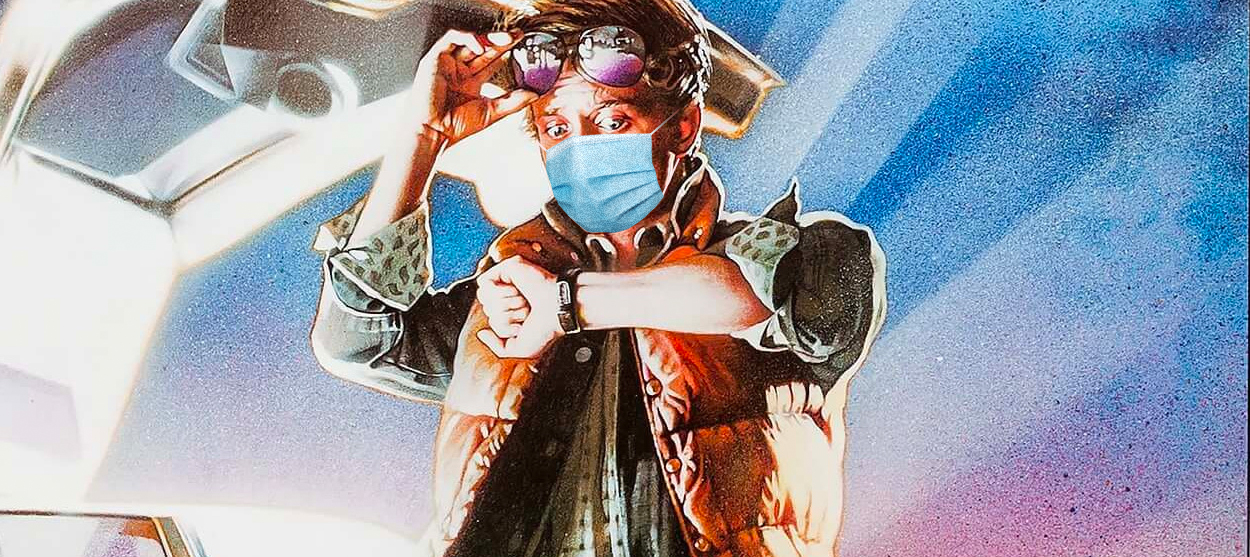
A free daily email with the biggest news stories of the day – and the best features from TheWeek.com
You are now subscribed
Your newsletter sign-up was successful
The pandemic could have been way worse, observes Washington Post columnist Megan McArdle in a new article: It could have struck 20 years earlier — COVID-1999 instead of 2019.
The world was already connected by "economic superhighways" two decades ago, McArdle notes, so the virus could've spread with similar ease. But vaccine research was nowhere near its present state. Crucial information on mRNA vaccines (like the Moderna and Pfizer shots) "was still five years from being published, and work on adenovirus vaccines, such as those from Johnson & Johnson and AstraZeneca, was also in early innings."
What about mitigation measures? In 2000, McArdle writes, "we didn't have the technologies that allowed so many people to socially distance while they waited for a vaccine," nor the technology "that made isolation semi-tolerable," but "a lot of economic activity probably would have stopped regardless."
The Week
Escape your echo chamber. Get the facts behind the news, plus analysis from multiple perspectives.

Sign up for The Week's Free Newsletters
From our morning news briefing to a weekly Good News Newsletter, get the best of The Week delivered directly to your inbox.
From our morning news briefing to a weekly Good News Newsletter, get the best of The Week delivered directly to your inbox.
I'm not so sure about that last bit. How much really could have stopped? Certainly not primary education. Parents might tolerate online school or a shutdown lasting several weeks, but I can't imagine fully suspending children's education until vaccine distribution would've been politically acceptable. Maybe we'd have tried TV or radio classes in places with the infrastructure for it, but if Zoom school — in which kids get some personal interaction with teachers — is unbearable, television school would be worse.
Likewise, very few workplaces could've gone remote. About 40 percent of American households had internet, but only 1 percent had broadband. Dial-up worked okay for email, but large files? What about offices that still used paper? And long distance calls weren't cheap. History suggests there would be some shutdowns and certainly quarantine of the symptomatic, but probably not broad, months-long lockdown. Most of our ordinary routines, of necessity, would have continued.
That said, the information environment of 2000 would've made our experience of the pandemic very different. Conspiracy theorizing might have been less mainstream. There may have been extremely sincere PSAs and collectible masks for kids in cereal boxes. We wouldn't be constantly trading fears and rumors online. More people would have died, but we'd know much less about it.
A free daily email with the biggest news stories of the day – and the best features from TheWeek.com
Bonnie Kristian was a deputy editor and acting editor-in-chief of TheWeek.com. She is a columnist at Christianity Today and author of Untrustworthy: The Knowledge Crisis Breaking Our Brains, Polluting Our Politics, and Corrupting Christian Community (forthcoming 2022) and A Flexible Faith: Rethinking What It Means to Follow Jesus Today (2018). Her writing has also appeared at Time Magazine, CNN, USA Today, Newsweek, the Los Angeles Times, and The American Conservative, among other outlets.
-
 The EU’s war on fast fashion
The EU’s war on fast fashionIn the Spotlight Bloc launches investigation into Shein over sale of weapons and ‘childlike’ sex dolls, alongside efforts to tax e-commerce giants and combat textile waste
-
 How to Get to Heaven from Belfast: a ‘highly entertaining ride’
How to Get to Heaven from Belfast: a ‘highly entertaining ride’The Week Recommends Mystery-comedy from the creator of Derry Girls should be ‘your new binge-watch’
-
 The 8 best TV shows of the 1960s
The 8 best TV shows of the 1960sThe standout shows of this decade take viewers from outer space to the Wild West
-
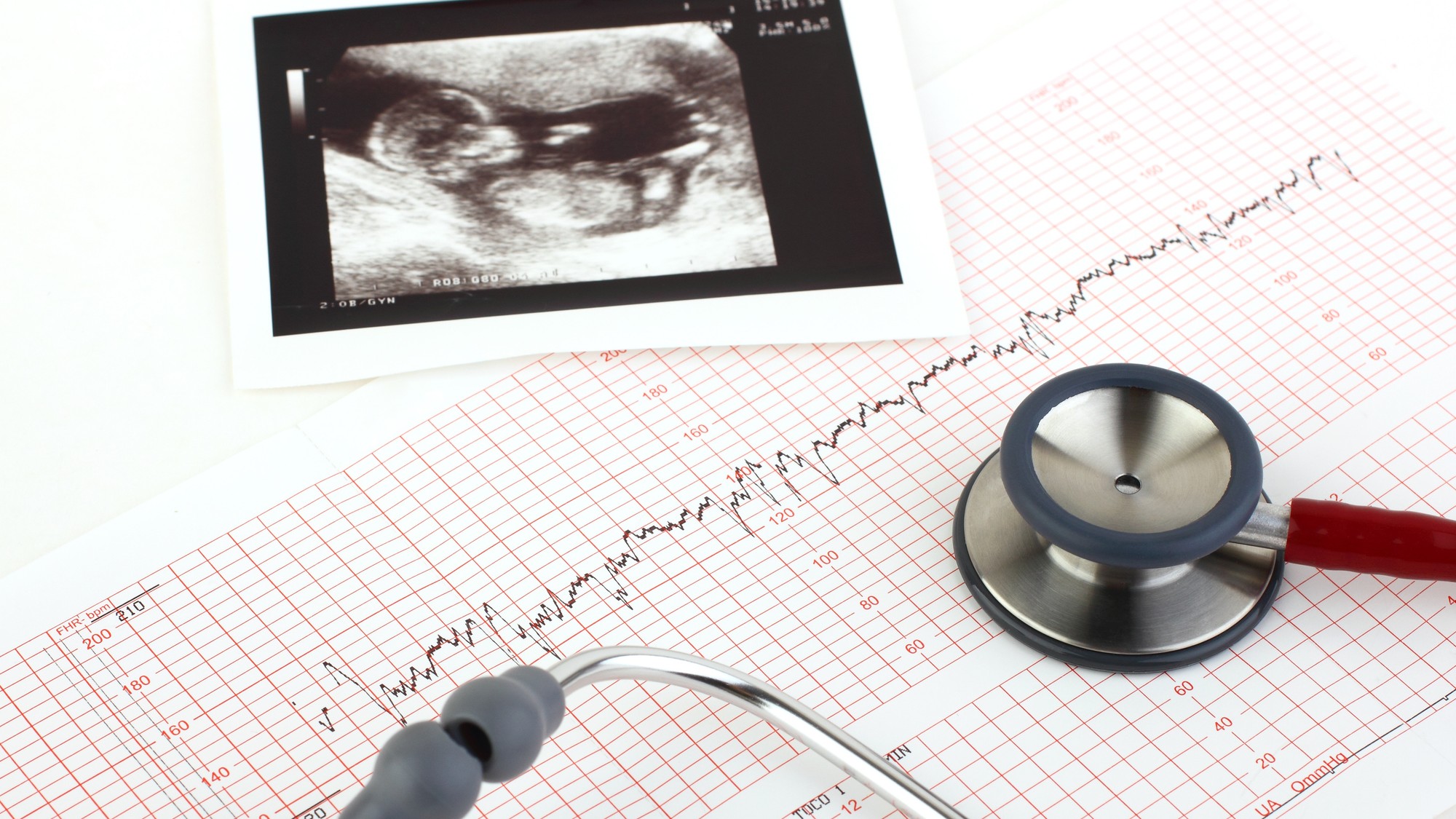 Should we be worried about declining birth rates?
Should we be worried about declining birth rates?Talking Points Baby boom or bust
-
 Are men the problem with male contraception?
Are men the problem with male contraception?Talking Points Science could now offer contraceptive gels and pills for men, but questions remain over trials, and men's responsibility
-
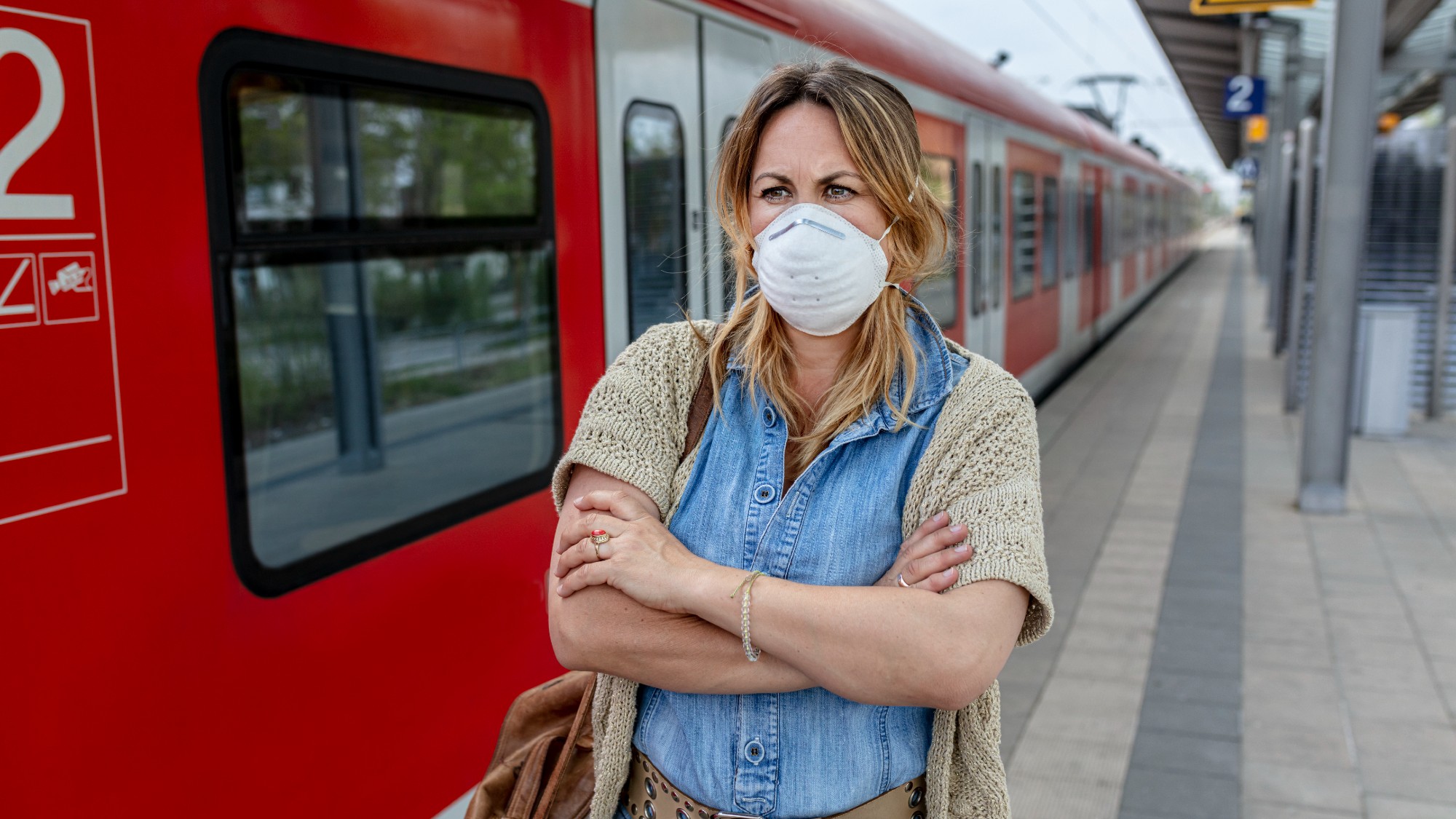 Should masks be here to stay?
Should masks be here to stay?Talking Points New York Governor Kathy Hochul proposed a mask ban. Here's why she wants one — and why it may not make sense.
-
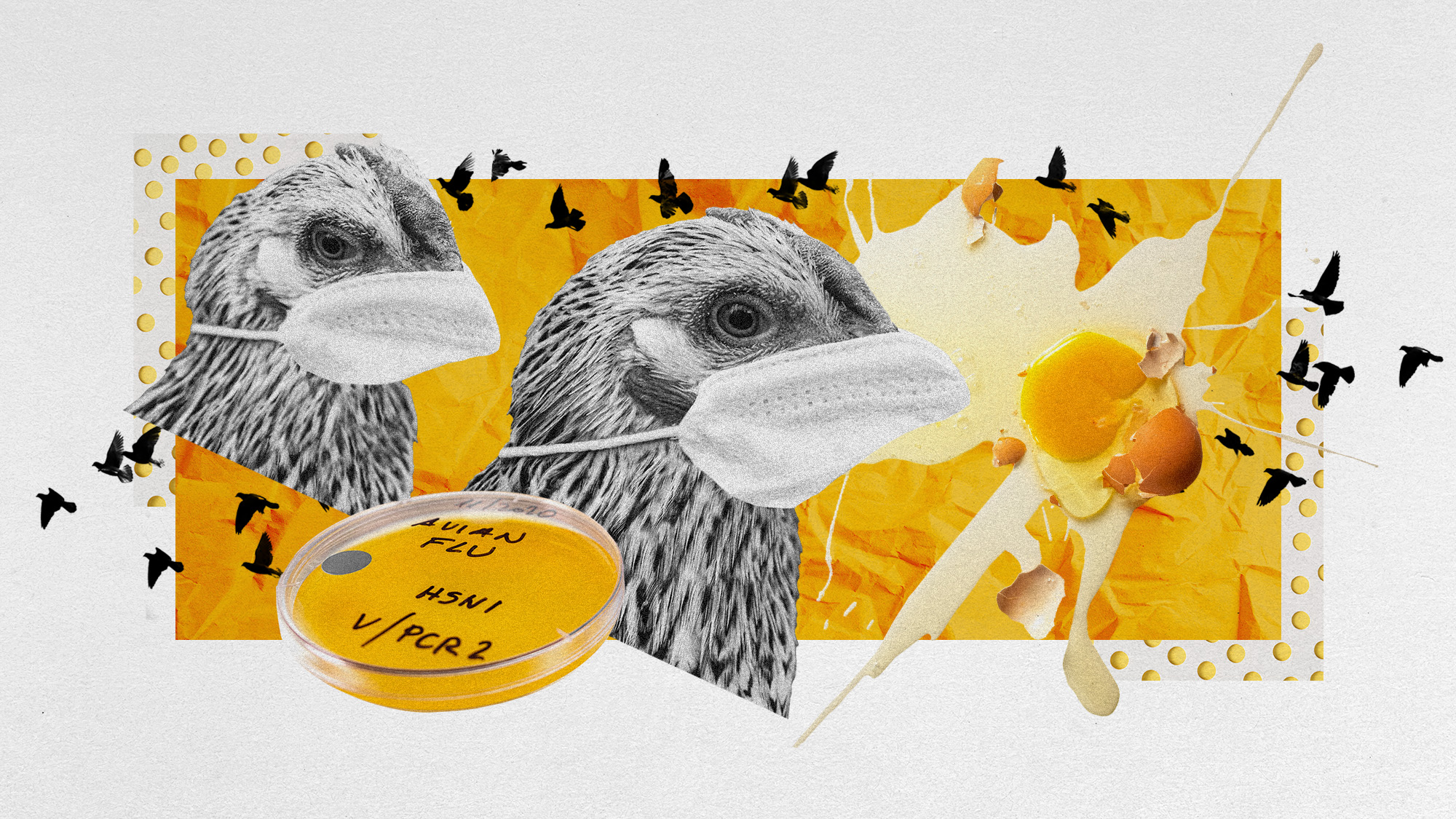 The bird flu fight is faltering
The bird flu fight is falteringTalking Points Are pandemic lessons going unheeded?
-
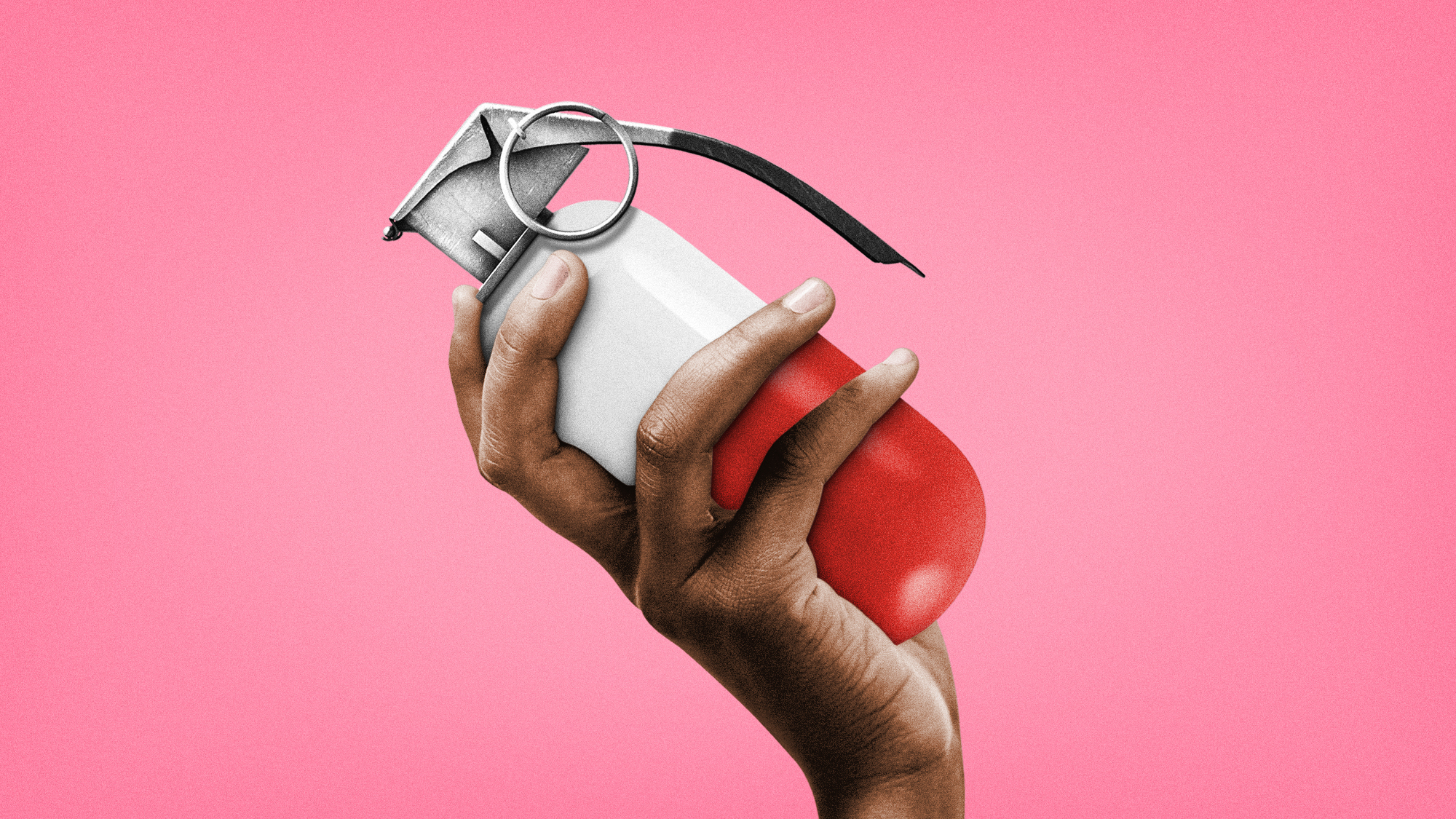 OTC birth control arrives amid the battle over reproductive rights
OTC birth control arrives amid the battle over reproductive rightsTalking Points Opill will cost $19.99 a month. Democrats are pushing to make it cheaper.
-
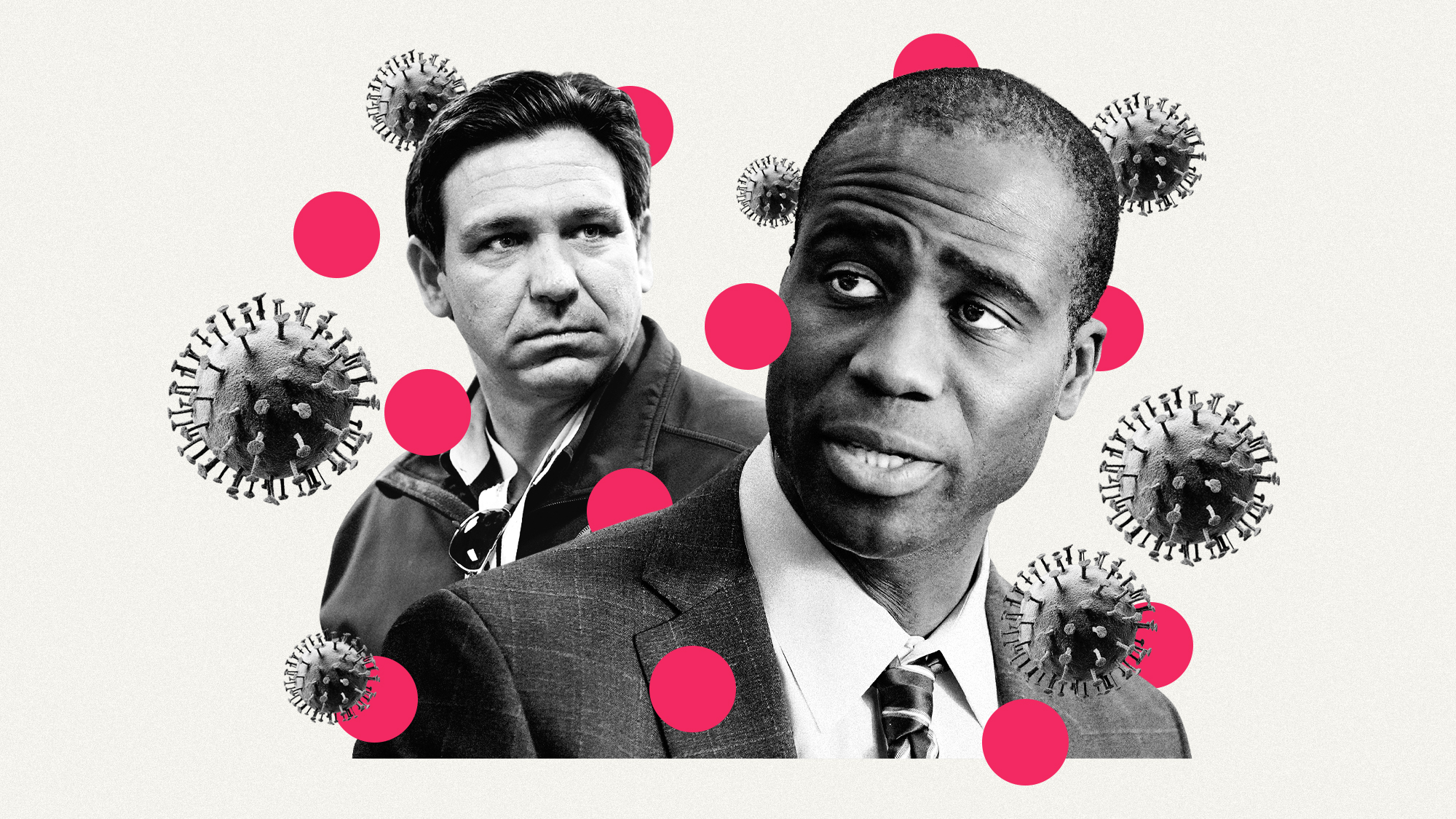 What Florida is — and isn't — doing to curb the biggest measles outbreak in the US
What Florida is — and isn't — doing to curb the biggest measles outbreak in the USTalking Points DeSantis appointee defies expert consensus to stop the spread
-
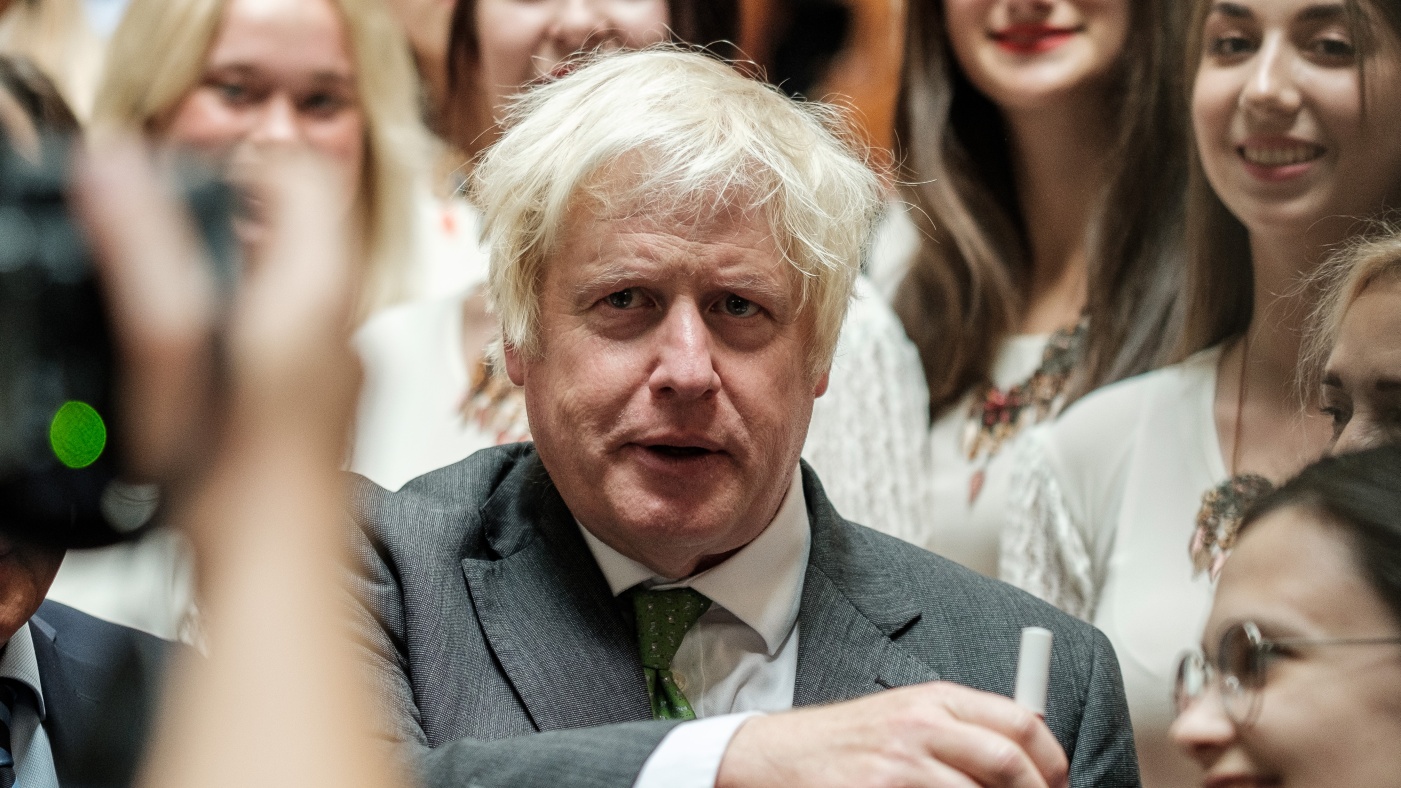 Covid inquiry: the most important questions for Boris Johnson
Covid inquiry: the most important questions for Boris JohnsonTalking Point Former PM has faced weeks of heavy criticism from former colleagues at the public hearing
-
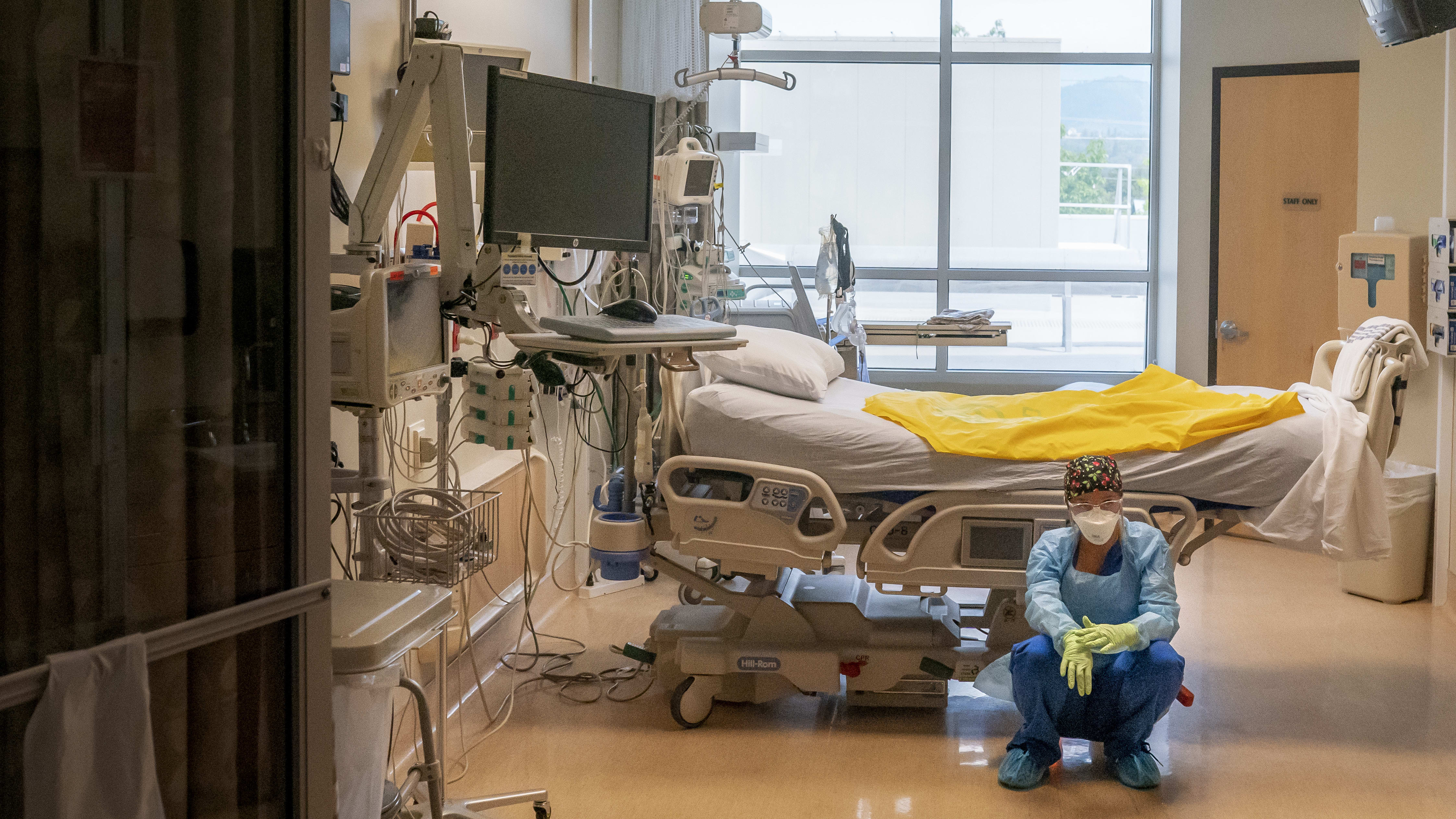 No, it's not over
No, it's not overTalking Point New Omicron subvariants are headed our way
